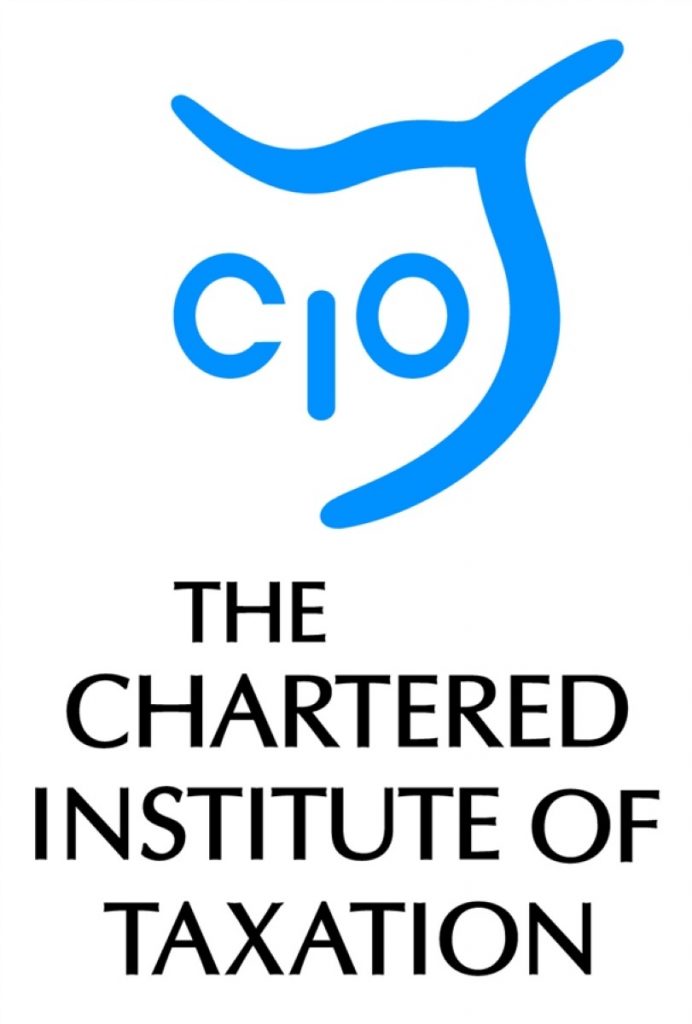Budget: Cautious welcome for energy tax simplification
Tax advisers have cautiously welcomed changes to taxation of business energy which should reduce complexity in this area.
This follows today’s announcement by the Chancellor of the abolition of the Carbon Reduction Commitment (CRC) scheme alongside a balancing increase to future Climate Change Levy (CCL) rates for 2019.
The CRC Scheme was designed to improve energy efficiency and cut carbon dioxide emissions in private and public sector organisations that are high energy users. However, it has been criticised for being overly complex, administratively burdensome and ineffective. During a consultation aimed at reforming the business energy efficiency tax landscape in 2015, concerns were expressed by business about the complexity and burdensome reporting requirements around environmental taxes in general.
Peter Dylewski, Chair of the CIOT’s Indirect Taxes Sub-Committee, said:
“The CIOT welcomes measures which will simplify and reduce the administrative burden on business for environmental taxation. We take the view that environmental taxes can play a significant role in a modern tax system and in enabling the Government to meet its statutory obligations under the Climate Change Act 2008. However, in order for these measures to be effective, it is fundamental that they are implemented with close attention to sound principles. We, therefore, support the Government’s commitment to further consultation on the new CCL reporting framework.
“We reiterate our call on the Government to introduce an Environmental Taxes framework or “roadmap” to provide much needed clarity around the future direction of environmental tax policy as taxes which merely shift pollution elsewhere, or which raise revenue without leading to greener behaviour, are failing to do their job.”
Notes for editors
1. The Government will introduce a new soft drinks industry levy to be paid by producers and importers of soft drinks that contain added sugar. The levy will be introduced in April 2018 and will be paid by soft drinks producers and importers. It will be charged on drinks according to their total sugar content and is expected to raise around £500m a year.
The levy will be charged on volumes according to total sugar content, with a main rate charge for drink above 5 grams of sugar per 100 millilitres and a higher rate for drinks with more than 8 grams of sugar per 100 millilitres. There will be an exclusion for small operators, and we will consult on the details over the summer, for legislation in Finance Bill 2017 and implementation from April 2018 onwards.
2. The Chartered Institute of Taxation (CIOT)
The CIOT is the leading professional body in the United Kingdom concerned solely with taxation. The CIOT is an educational charity, promoting education and study of the administration and practice of taxation. One of our key aims is to work for a better, more efficient, tax system for all affected by it – taxpayers, their advisers and the authorities. The CIOT’s work covers all aspects of taxation, including direct and indirect taxes and duties. Through our Low Incomes Tax Reform Group (LITRG), the CIOT has a particular focus on improving the tax system, including tax credits and benefits, for the unrepresented taxpayer.
The CIOT draws on our members’ experience in private practice, commerce and industry, government and academia to improve tax administration and propose and explain how tax policy objectives can most effectively be achieved. We also link to, and draw on, similar leading professional tax bodies in other countries. The CIOT’s comments and recommendations on tax issues are made in line with our charitable objectives: we are politically neutral in our work.
The CIOT’s 17,500 members have the practising title of ‘Chartered Tax Adviser’ and the designatory letters ‘CTA’, to represent the leading tax qualification.





-01.png)